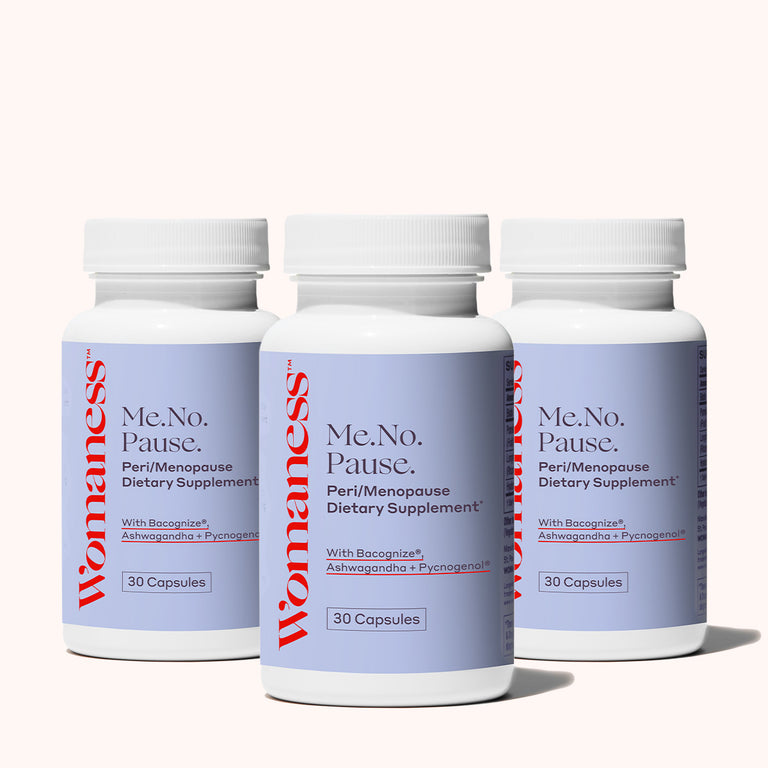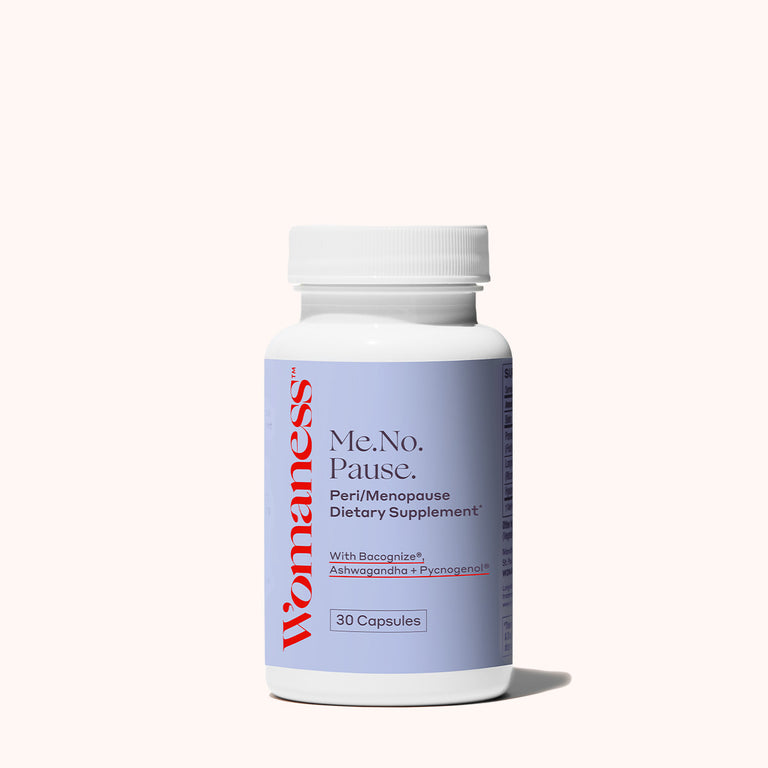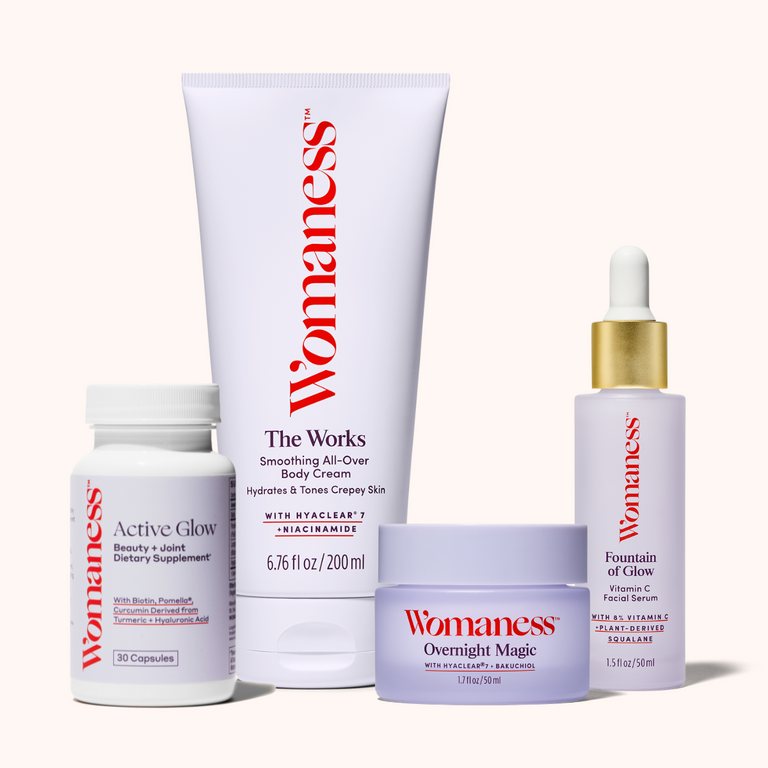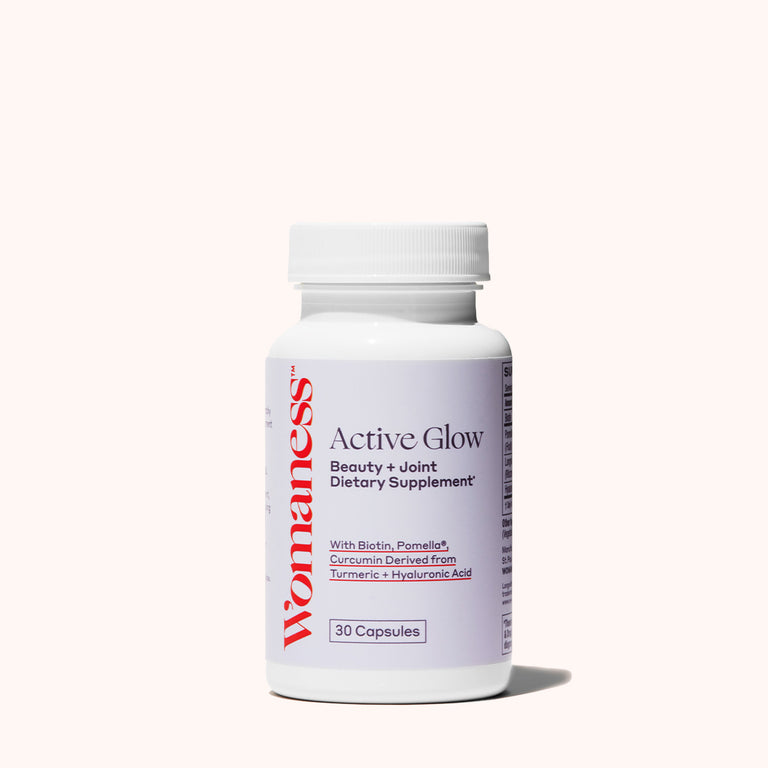By Dr. Jila Senemar 1-Minute Read

Welcome to ASK AN EXPERT, a series where we pose your real questions to our menopause experts for the answers you need. Have a question? Post it on The After Party, our private Facebook Group.
Your Question:
“How do I know I’m DEFINITELY in perimenopause? What are the signs?”
The Answer:
From Dr. Jila Senemar, a board-certified OB/GYN, certified menopause specialist, longevity physician, and founder of JilaMD, a concierge practice that provides personalized care with a focus on perimenopause, menopause, metabolic optimization, and more.
“The clearest sign? A change in your menstrual cycle. Your periods may become irregular, shorter, longer, heavier, or lighter than usual. Other common symptoms include hot flashes, night sweats, sleep problems, mood changes, brain fog, vaginal dryness, and shifts in libido or body composition.
The clearest sign? A change in your menstrual cycle.
While hormone tests can sometimes support the diagnosis, they aren’t always reliable because estrogen and FSH levels can fluctuate from day to day, even hour to hour, during this transition. That’s why a normal lab result doesn’t necessarily mean you’re not in perimenopause.
A diagnosis is best made by reviewing your symptoms and cycle changes with a clinician experienced in menopause care.”
Get More Answers
Ask a Doctor: "What the heck is perimenopause?"
5 Common Questions About Irregular Periods
Expert Tips for Thriving in Perimenopause







